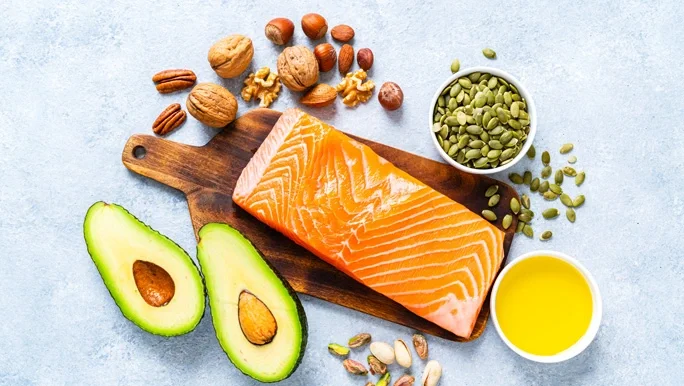Research has shown that our gut microbiota– which are the resident microorganisms that are in the gastrointestinal tract, play an essential role in human health and wellbeing.
These good microorganisms or ‘bugs’ in our gut play a vital role in the digestion, immunity, detoxification and vitamin production in the human body.
On top of this, an unfavourable microbiome has been linked to conditions such as type 2 diabetes, heart disease, and low mood. Because of this, it’s important that we keep our gut microbiome healthy, happy and thriving. And one of the most effective ways to do this is through our diet.
Diet and gut microbiota
We all know that plant foods such as vegetables, wholegrains and legumes are essentially our gut's favourite foods, as they contain various forms of fibre. These are soluble fibre, insoluble fibre and resistant starch.
These different types of fibre, essentially work together to fuel our bugs in the gut, creating a healthy amount of bugs within the microbiota where they can work effectively to do all their important jobs.
How to increase the good bacteria in your gut naturally
The tiny bacteria in your gut are finally getting the good press they deserve. Discover what makes them so important.
Other than ensuring that we feed our bugs with the right food so they can thrive and complete all their important roles in the body. Another important factor for a healthy gut is microbiome diversity. Which really just means different types of bugs in the gut.
Numerous studies have shown that healthy individuals have a more diverse gut microbiome in comparison to unhealthy individuals. Where a reduced diversity, reduces your immune system and is associated with a number of chronic conditions.
How can we achieve microbiota diversity?
What the research is pointing out is that a diet rich in long-chain omega-3 fatty acids is associated with a more diverse gut microbiome. Especially an increased amount of butyrate-producing bacteria such as Lachnospira Butyrate is a beneficial short-chain fatty acid associated with many health benefits as it has a starring role in gut cell health.
Food and fibre: the way to a healthy future?
Did you know, raspberries have a whopping 8g of fibre per cup? Discover what else you can include to increase your fibre
This area of research is still early stages, with human trials only just starting to be conducted. There is so much more we need to know. Such as; how much omega 3 is required to have these benefits? Is food rich in omega 3 better than supplementation? The list goes on!
However, we do know that these long-chain omega-3 fatty acids are good for us, as there has been so much valid and reliable evidence showing that omega-3 has a protective role in many areas of wellbeing including heart health, decreasing inflammation and supporting cognition and mood.
Where can you find long-chain omega-3s?
The highest source of omega-3 is found in oily fish. Fish like salmon, sardines, mackerel, herring, tuna and rainbow trout are all great sources.
Generally, the recommendations are around 2 pieces of oily fish per week. Are you meeting that? Why not try this salmon risotto with fennel and carrot recipe this week to increase your omega-3 intakes.
If you are vegetarian, vegan or just don’t eat fish – have no fear, there are non–animal-based sources. Such as chia seeds, flaxseeds, walnut, hemp seeds, microalgae etc. Now, although they’re not as high in omega 3 in comparison to oily fish sources. They are still better than not having any at all.
What does this all mean?
All in all, as previously mentioned there is still research needed. However, we do know that omega-3 is not harmful and is a nutrient that has been shown on many occasions to be associated with various health outcomes.
So why not try to increase your omega-3 intake starting today.
Need help with the low FODMAP diet? Our FREE dietitian developed program will guide you through it, step-by-step. Includes a low FODMAP food guide. Sign up now.
If you are experiencing gut symptoms and have not been recommended a low FODMAP diet by a health professional, get started with the manage your gut symptoms program.
Reviewed by the healthylife Advisory Board May 2022


